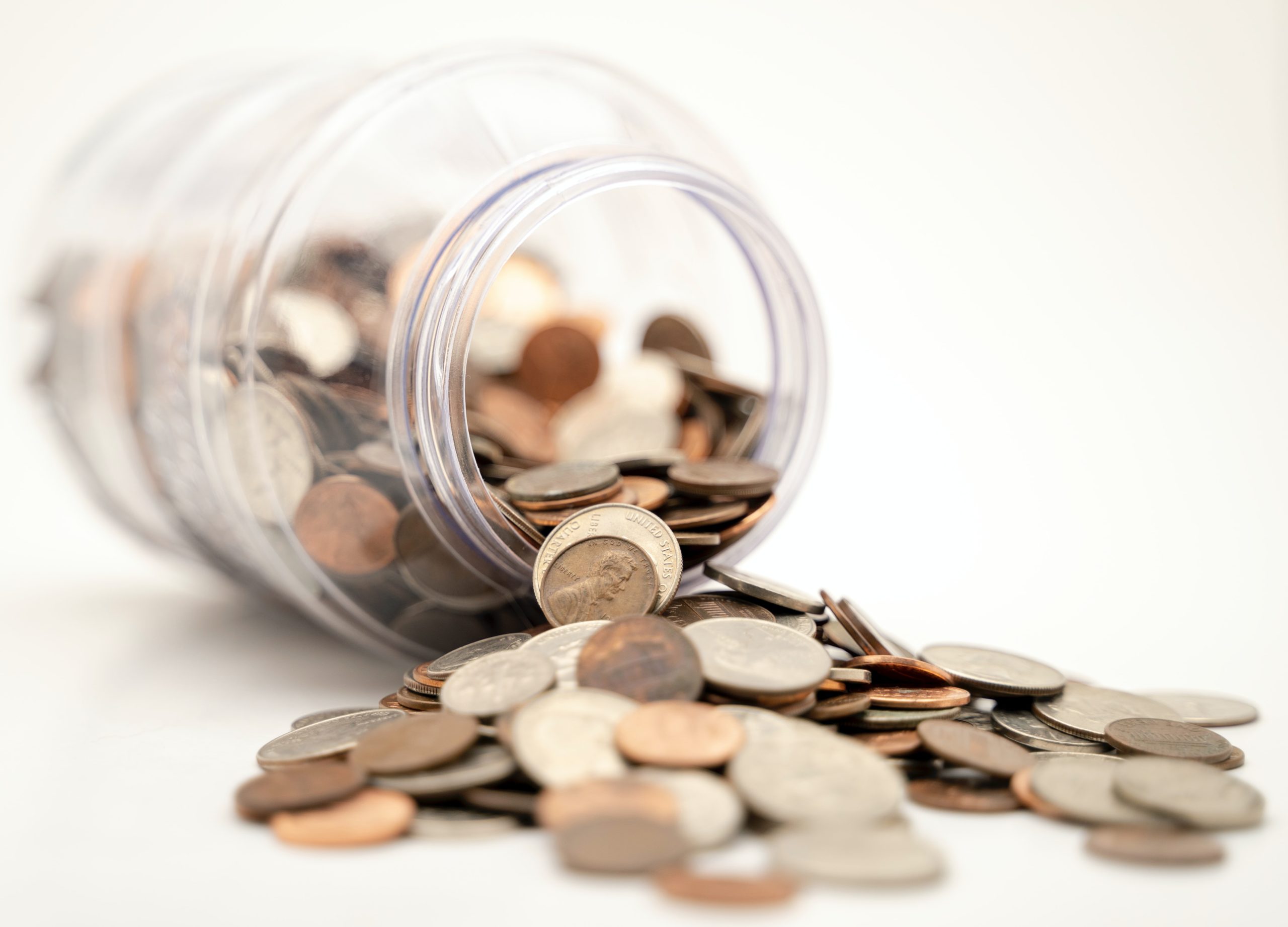
Capital gains distributions: be aware and be prepared
Capital gains distributions: be aware and be prepared
By Kelly Pedersen, CFP®
First, the good news. Markets are up across the board. The S&P 500 has risen more than 22 percent for the year (as of early November). The Dow Jones Industrial Average, Nasdaq Composite and Russell 2000 are all up more than 16 percent.
Great, right!? Who doesn’t like watching their investments grow double digits year-over-year?
But alas, the piper needs to be paid. In this case, that piper is Uncle Sam, and he is going to be asking all of us with an increase in capital gains distributions this year to pay more in taxes … potentially significantly more.
In fact, I anticipate some capital gains distributions will be up 20 percent or more over last year. That can result in a meaningful tax hit, and one that investors should be aware is coming.
Mutual funds distribute capital gains toward the end of each year. They are required to pay out income on investments, which includes both short- and long-term gains. The distributions from mutual funds may be taxed as long-term capital gains, which means a tax rate of up to 20 percent, depending on the investor’s ordinary income tax rate. Some capital gains may be considered short-term and will be taxed at ordinary rates according to one’s income tax bracket. Distributions will largely start hitting in December, so the time to prepare is now.
For those who pay estimated taxes, this could require an adjustment to your Q4 estimated tax payment, as well as next year. If you are still calculating your estimated tax payments based on what you paid last year, I strongly recommend revisiting that amount with your advisor or tax accountant. Review your year-to-date income, including anticipated capital gains distributions, for a more realistic view of your tax obligation.
Finally, unless you need the cash for immediate or near-term expenses, choose to reinvest your capital gains. Once the gain is distributed, the value of your investment will be reduced by the same amount, so therefore you will have less invested if you do not reinvest the distribution. Every dollar you don’t need for current lifestyle needs is money that can be put to work for you through a diversified investment strategy.
